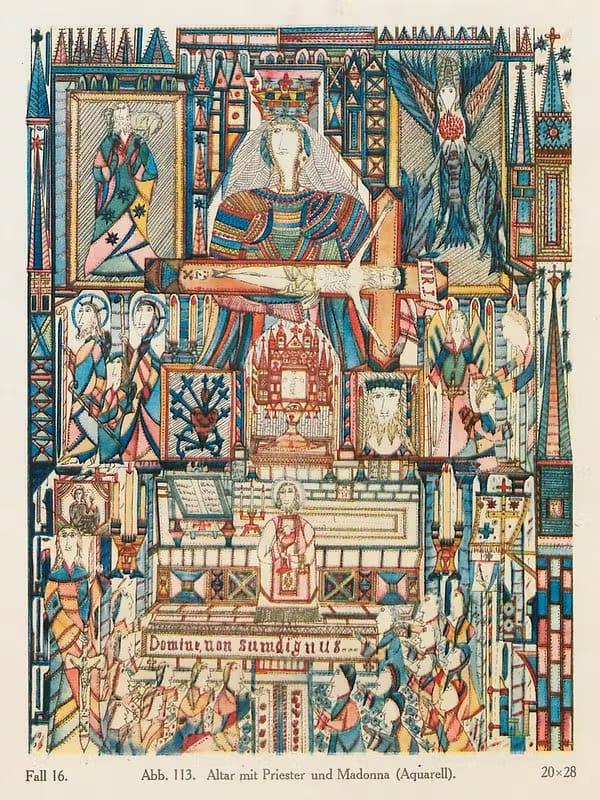The Principal-Agent Problem
The Principal Agent Problem:
Only 1.5 percent of the purchase price goes directly into your agent’s pocket. So on the sale of your $300,000 house, her personal take of the $18,000 commission is $4,500. . . . Not bad, you say. But what if the house was actually worth more than $300,000? What if, with a little more effort and patience and a few more newspaper ads, she could have sold it for $310,000? After the commission, that puts an additional $9,400 in your pocket. But the agent’s additional share—her personal 1.5 percent of the extra $10,000—is a mere $150. . . . It turns out that a real-estate agent keeps her own home on the market an average of ten days longer and sells it for an extra 3-plus percent, or $10,000 on a $300,000 house. When she sells her own house, an agent holds out for the best offer; when she sells yours, she encourages you to take the first decent offer that comes along. Like a stockbroker churning commissions, she wants to make deals and make them fast. Why not? Her share of a better offer—$150—is too puny an incentive to encourage her to do otherwise. (Location 872)
I had an experience like this in NYC where it felt like my broker was trying to offload me into an apartment as quickly as possible to get their cut and move on to different clients.
In general, I try to avoid working with people who have conflicting incentives to my own.[1]
one of the reasons I avoid VCs -- their incentive is effectively opposite of a founders ↩︎




